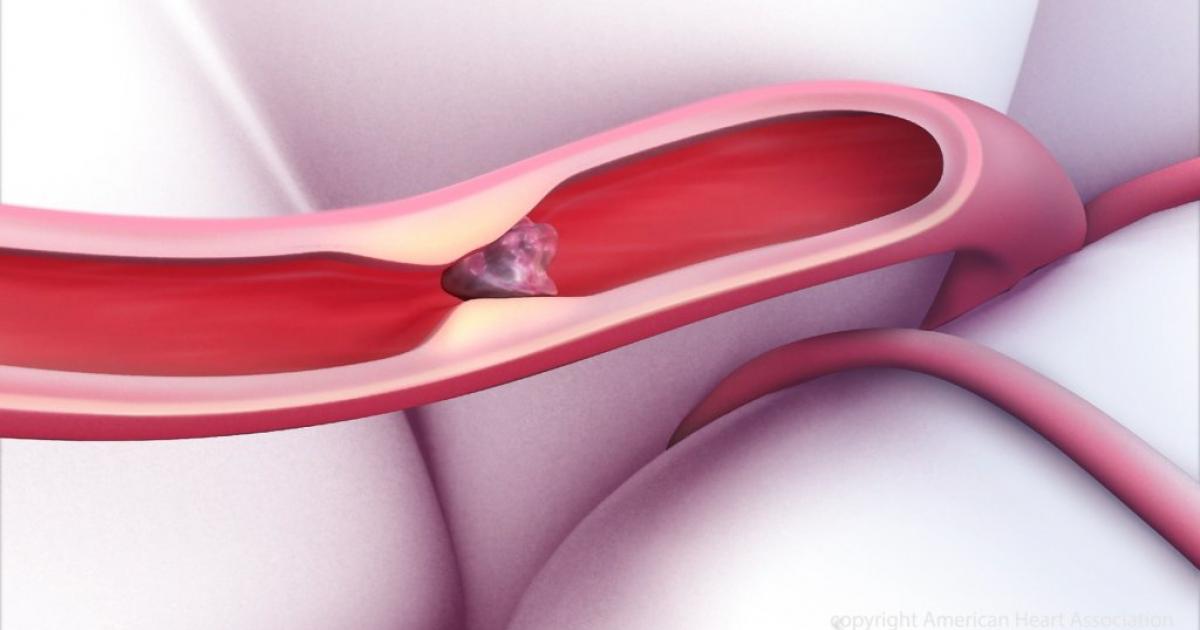Common Causes And Risk Factors For Esophageal Varices
Esophageal varices are enlarged, abnormally formed veins in the esophagus, which connects the stomach to the throat. Most commonly, the condition forms in individuals who have serious liver diseases. The condition develops when scarring or clotting in the liver causes normal blood flow to become blocked. To circumvent the blockages, the blood moves into small blood vessels that don't have the capacity to carry large amounts of blood. These vessels might leak or, in serious cases, rupture and cause life-threatening bleeding. Physicians might suspect the condition in patients with certain symptoms of liver disease.
Get to know the common causes and risk factors linked to esophageal varices now.
Parasitic Infection
A parasitic infection can lead to esophageal varices if it damages the liver. One infection, called schistosomiasis, is found in portions of East Asia, the Middle East, the Carribean, South America, and Africa. In addition to damaging the liver, this parasite can damage a patient's bladder, intestine, lungs, and other organs. The parasites are naturally found in certain freshwater snails. Individuals might become infected if their skin contacts contaminated freshwater. Though a few individuals might have minor skin irritation when first infected, there don't tend to be serious symptoms until eggs develop around one or two months later. Common symptoms include muscle aches, cough, chills, and fever, though many patients don't experience any symptoms. When the disease develops into acute schistosomiasis, the symptoms can include bloody diarrhea, a general feeling of unwellness, headaches, rashes, full-body aches, and abdominal pain around the spleen and liver.
Learn more about the risk factors and causes of esophageal varices now.
Blood Clots

Blood clots are one of the main causes of esophageal varices. When a blood clot occurs in the splenic vein or portal vein, and the blood goes through other channels to get around the blocked vein, it can lead to esophageal varices. Singular blood clots are referred to as thrombosis. There's also a condition called hepatic vein thrombosis, which occurs when the liver's hepatic veins are obstructed by a blood clot. This condition causes the liver's drainage system to be blocked and impedes the flow of blood back to the heart. When the blood pressure in the portal vein is too high, blood is pushed into the surrounding vessels. In addition to the esophageal varices, varices might develop in the small blood vessels found within the upper portion of a patient's stomach.
Uncover more details on what can cause esophageal varices now.
